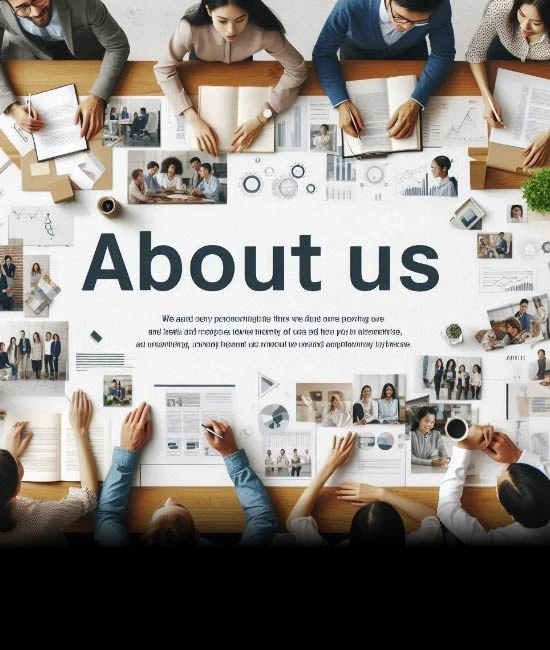We Work Hard to Fit Your Every Need

ICONMA is a globally recognized, Woman-Owned staff augmentation
and technology consulting firm. We specialize in connecting clients with
top-tier professionals and providing digital solutions, empowering
organizations of all sizes to achieve their business goals.

About Us

Our People

Staffing Services

Technology Services

Solutions

Success Stories
Certified Women-Owned Business

"It is truly an honor to be able to
serve all of our customers for the
last 24 years, and I am grateful to
them for that opportunity"
Claudine George, Co-Founder & CEO